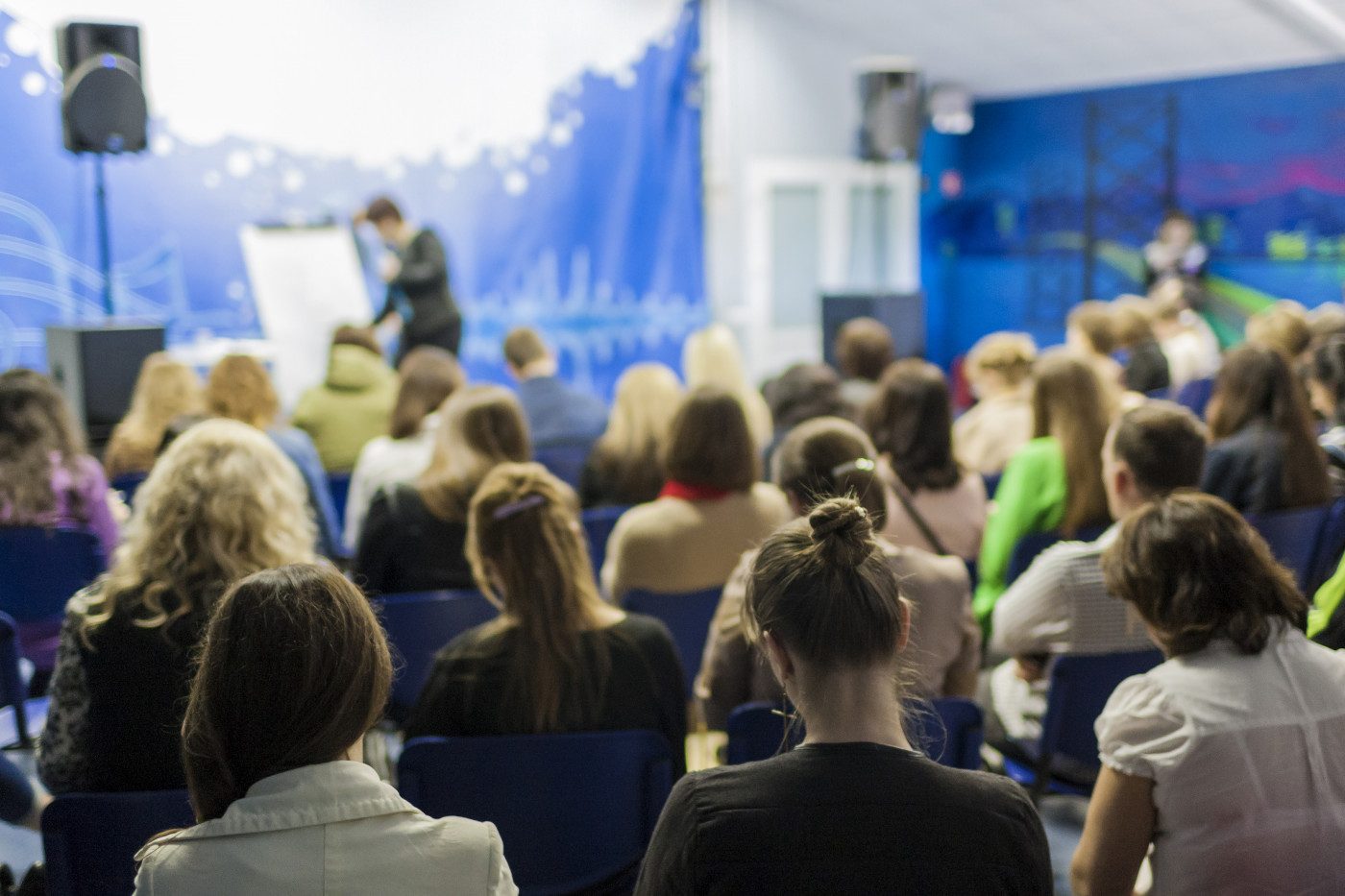I attended my first ALS Support Group meeting a few weeks ago and I plan to attend the next one on May 13. I have to admit that, at this first meeting, my feelings were mixed. A few ALS patients were there with their spouses but it seemed that half of the attendees were family and friends of ALS patients. I wasn’t ready to hear people talk about the necessary adaptations which they were making to their homes in order to accommodate their l0ved one’s illness. I didn’t want to “see my future” at that point. On the other hand, it was a relief to tell the story of my long, winding path to a diagnosis to people who understood completely. As we all shared our stories, I began to feel much more comfortable.
Our guest speaker was a representative for the company which makes Radicava. Although she was a trained nurse, she seemed unable to answer many of the questions which were put to her by the group. I asked what kinds of followup studies were being done on the relatively small population of ALS patients in the US who are being treated with Radicava since it was approved for use by the FDA two years ago. Were there statistics to show definitively that Radicava is slowing progression in this group? She was unable to answer that question and others like it, so, essentially, it seemed we were getting a “sales pitch,” not the kind of information that would be helpful in making a medical decision about treatment. I mentioned this to my neurologist and to the ALS Clinic social worker who arranged for the speaker. They were in complete agreement with me that this presentation was not useful. Apparently, the speaker had been a last minute substitute, for someone who had canceled.
My neurologist will speak to our group on May 13. The June meeting will feature Dr. Stephen Kolb, MD. Ohio State University Neurologist and ALS Researcher. I’m eager to hear my neurologist speak because he is very articulate and wonderfully responsive to questions and concerns from his patients. Sadly, I’ll have to miss Dr. Kolb’s presentation because I will be out of town.
I’m hoping to eventually find someone in my ALS Support Group who might become a new friend, someone I could share ideas with and mutual support.

